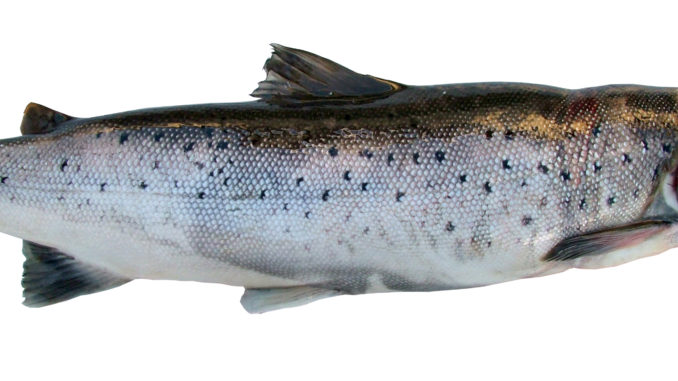
If you are looking for the best way to get enough potassium, it is not through a bunch of vitamins or supplements.
It is through a healthy daily diet. In fact, studies indicate that eating an extensive assortment of healthy foods high in potassium is one of the best ways to keep your body looking good and running in tip-top shape. In addition, potassium may also lower your risks of hypertension.
Potassium Has a Number of Important Functions
Potassium, in addition to sodium and calcium, is an electrolyte that is vital to the health of the human nervous system, fluid balance, muscle function, heart functions, adrenal functions as well as kidney functions. Inadequate potassium levels can also amplify the effects of sodium.
Symptoms of Hypokalemia, or potassium deficiency include:
- Abnormal breathing
- Diarrhoea
- Muscle weakness
- Vomiting, and worse
On the other hand, if you take in too much potassium, it may lead to severe heart complications or may even be fatal. It is very important to maintain a healthy amount of potassium in your daily diet.
The most common cause of overdose on potassium without eating too many foods high in potassium is by consuming an excessive amount of multivitamins and dietary supplements with a high potassium concentration.
The Average Healthy Diet Contains Sufficient Potassium
The majority of individuals get the potassium that they need just by maintaining a healthy diet that includes foods high in potassium and low in sodium, such as fresh vegetables and fruit. Occasionally, mineral imbalances occur due to starvation diets, but are most commonly the result of excessive fluid loss because of diarrhoea, sweating or using laxatives and diuretics.
Individuals who workout hard and sweat heavily may have a greater need for potassium. These people may need to take additional supplements in order to balance electrolyte levels, or they may just need to build up their menus with foods high in potassium.
On the other hand, if you have certain types of diseases, such as diabetes or any type of renal failure and you are no longer able to metabolize minerals correctly, you should not consume too much potassium in your daily diet.
Since it is easy for many people to consume too many or too few foods high in potassium without knowing, it is recommended that you meet with a nutritionist or physician to make sure you are getting the well-balanced diet that is best for you on the basis of your own particular dietary needs.
Foods High In Potassium (more than 225 milligrams of potassium per serving)
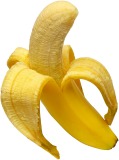
These foods are best for athletes or anyone who experiences heavy fluid loss. Individuals who are on potassium-restricted diets should stay away from these particular foods, or eat them in moderation, according to the advice of their nutritionist.
- Fresh apricots
- Avocado
- Cantaloupe
- Kiwi
- Milk
- Lima beans
- Oranges or orange juice
- All meats, fish and poultry
- Bananas
- Honeydew melon
- Potatoes
- Tomatoes
- Spinach
- Prunes
- Winter squash
- Vegetable juices
Foods Moderate In Potassium (125 – 225 mg of potassium per serving)
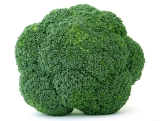
These foods moderate in potassium can be a major part of a balanced diet plan. No one monitoring their potassium intake should eat more than a couple of servings of the foods in this list. Be sure to consult with you nutritionist or physician if you have any questions about potassium restrictions.
- Apple juice
- Asparagus
- Beets
- Blackberries
- Broccoli
- Carrots
- Cherries
- Corn
- Eggplant
- Fresh mushrooms
- Grapefruit
- Green peas
- Loose-leaf lettuce
- Onions
- Peach
- Pears
- Pineapple
- Raisins
- Raspberries
- Strawberries
- Summer squash including zucchini
- Tangerines
- Watermelon
Foods Low In Potassium (less than 125 mg of potassium per serving)
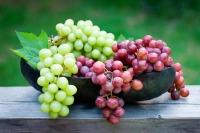
These foods low in potassium have a lower electrolyte value in each serving for individuals who may need to increase the levels potassium in their daily diet. For anyone looking to limit potassium intake, these foods can become a major part of your normal diet.
- Apples
- Bell peppers
- Blueberries
- Cabbage
- Canned Mandarin oranges
- Canned Peaches
- Cranberries
- Cranberry juice
- Cucumber
- Fresh Pineapple
- Fruit cocktail
- Grapes
- Green beans
- Iceberg lettuce
- Mushrooms
- Plums

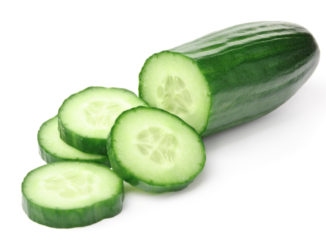

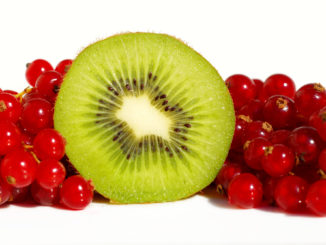
Be the first to comment